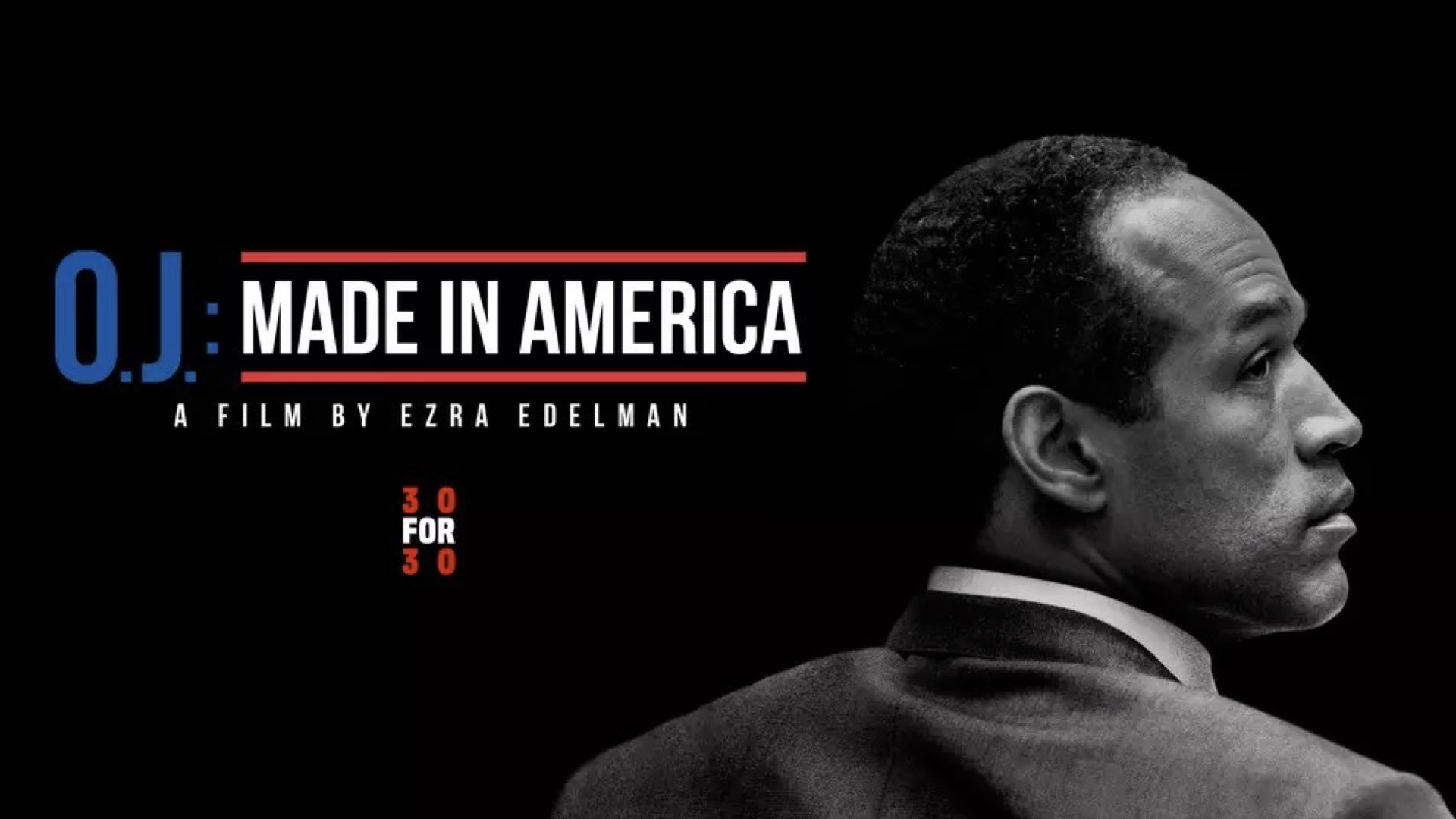Very few documentaries in cinema history manage to win the admiration of both the Academy and Emmy juries at the same time and etch their name into the history books. Ezra Edelman’s 2016 film “O.J.: Made in America” is precisely one of those exceptions. A nearly eight-hour, five-part monumental narrative… It is not merely a crime story or the biography of a famous athlete; it is a monumental work that dissects America’s social, cultural, and political fabric with millimeter precision.
Even after all these years, the documentary is still regarded as “one of the most comprehensive works that must be watched to understand American society.” The reason for this is perhaps the documentary’s greatest strength: while telling the rise, fall, public image, and cultural impact of O.J. Simpson, it is actually telling the story of America itself.
More Than a Portrait: A Story That Reveals America’s Fractures
The documentary focuses on the collapse that followed O.J. Simpson’s years of popularity, charisma, success, and status as a media icon. Yet in doing so, it lifts the story out of being a single person’s biography and places it into a much broader context:
- Racial and class inequalities
- Police violence and the legacy of the L.A. riots
- The transformation of celebrity culture
- The contradictions of the justice system
- Figures built up and torn down by the media
What Edelman does is place O.J. at the center, weave all these themes together, and shatter the simplistic notion that “the O.J. case is only about O.J.”
The documentary’s impact comes from exactly this:
It neither romanticizes, dramatizes, nor sensationalizes Simpson’s successes or failures. It tells the story with all its layers.
An American Portrait That Feels Like a Lesson Coming from a Documentary
“O.J.: Made in America” goes beyond a crime-and-justice narrative and examines the psychology of an entire society. The documentary makes the viewer feel both empathy and distance at the same time:
- You understand how O.J. was exalted by society.
- You also understand how he was ostracized by the same society.
- You watch this cycle that turns into both a victim narrative and a perpetrator story.
Edelman’s mastery lies in managing to contain all this complexity within the discipline of a documentary. For this reason, the film is regarded not only as a crime documentary but as an invaluable socio-political resource for understanding the identity of modern America.
Why Is It Still Talked About?
There are several reasons the documentary remains relevant in 2025:
- Because issues like race, media power, the justice system, and celebrity culture are still at the center of today’s debates.
- Because O.J. Simpson’s story lays bare society’s inconsistent relationship with the figures it both loves and rejects.
- And because, with its narrative depth and the power of its archival material, it remains an impressive starting point for new generations of viewers.
Where to Watch? The documentary is still accessible on many international platforms today. Especially with the recent rise of U.S.-focused documentary productions, it is being rediscovered.
If you have any interest in American culture, media history, sports icons, or crime narratives, “O.J.: Made in America” is not merely a “watching recommendation”; it is a full-scale cultural reading.














